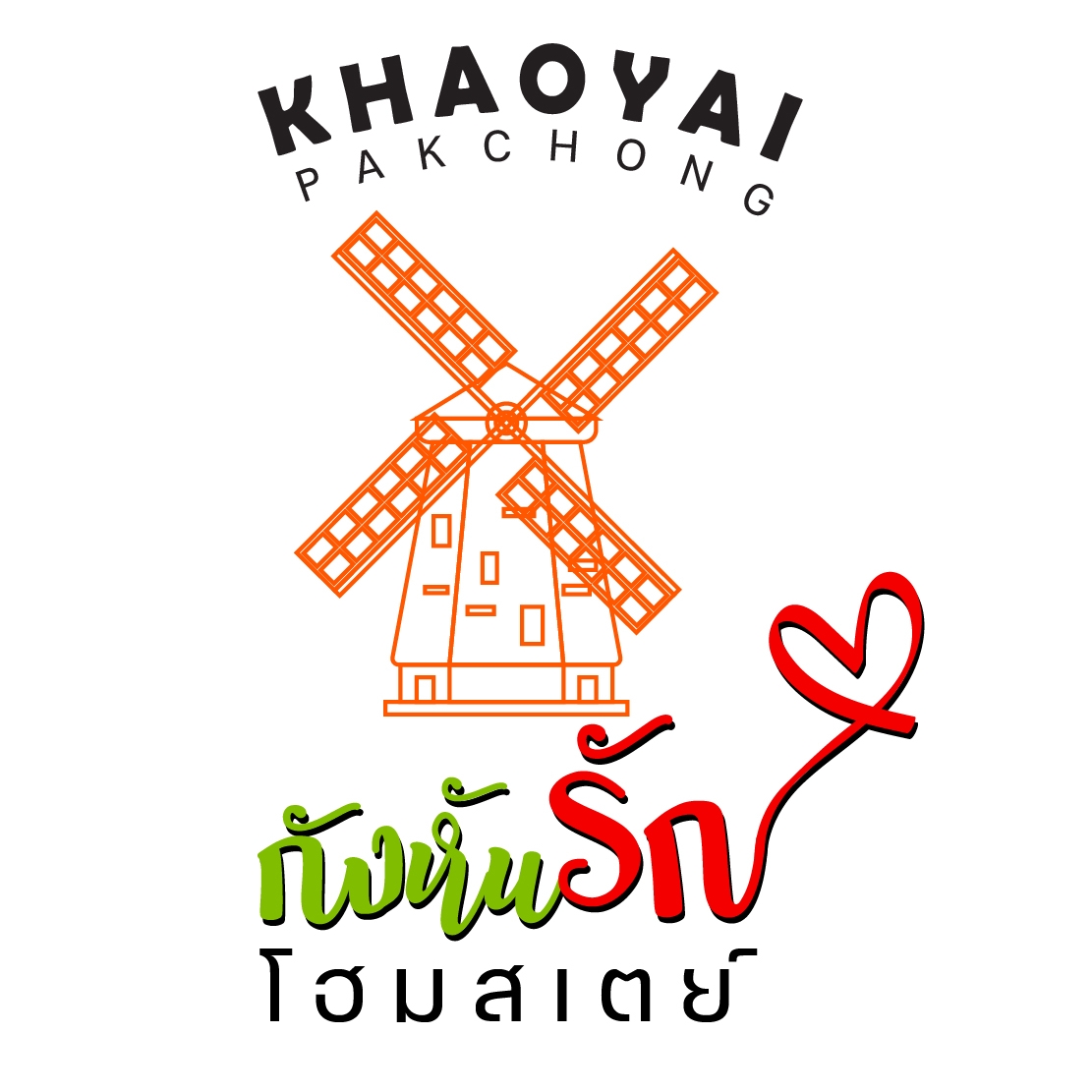How Books About Dystopian Society
To address these challenges, [User/Company] turned to literature, specifically books focused on dystopian societies. Key results included: popular dystopian books
- Increased employee engagement in discussions about ethical technology use by 40%.
- Improvement in critical thinking skills, as measured by internal assessments.
- Enhanced awareness of societal issues, reflected in a 50% increase in participation in corporate social responsibility initiatives.
- Reduction of anxiety related to technological changes, as indicated by employee surveys.
Lessons Learned
Through this initiative, [User/Company] gained valuable insights that can inform future endeavors:
- Literature as a Tool: Books can serve as powerful tools for reflection and understanding complex societal issues.
- Fostering Dialogue: Encouraging open discussions about challenging topics can improve workplace culture and employee satisfaction.
- Continuous Learning: The rapidly evolving technological landscape necessitates ongoing education and adaptability among employees.
- Engagement through Relevance: Selecting materials that resonate with current issues increases engagement and impact.
In conclusion, the exploration of dystopian societies through literature enabled [User/Company] to effectively confront challenges, cultivate critical thinking, and foster a culture of awareness. The primary challenges included:
- Identifying key trends in consumer behavior.
- Staying ahead of competitors who were adopting innovative strategies.
- Creating a sustainable and engaging product that resonated with the audience.
With these challenges in mind, [User/Company] needed a creative and strategic approach to redefine its offerings and connect with its target market more effectively.
The Solution: Famous Dystopian Books
To tackle these challenges, [User/Company] turned to classic dystopian literature for inspiration. Some notable books included:
- 1984 by George Orwell – A classic that explores themes of surveillance and totalitarianism.
- Brave New World by Aldous Huxley – A portrayal of a society driven by pleasure and consumerism.
- The Handmaid’s Tale by Margaret Atwood – A warning about the consequences of extreme social and political ideologies.
By integrating these books into their culture, [User/Company] aimed to stimulate critical conversations and foster a deeper understanding of potential future scenarios.
Implementation Steps
The implementation of this literary initiative involved several key steps:
- Book Selection: A committee was formed to select relevant dystopian novels that resonated with current societal issues.
- Reading Groups: Employee reading groups were established to encourage discussion and collaboration around the selected books.
- Workshops: Workshops were organized where employees could engage with guest speakers, including authors and scholars, to discuss themes and implications of dystopian literature.
- Feedback Sessions: Regular feedback sessions were held to gather insights on how the reading initiative impacted employee perspectives and engagement.
Results & Metrics
The initiative yielded significant outcomes, contributing to both individual growth and organizational development.
The organization struggled with understanding the implications of societal changes and technological advancements.
How Dystopian Series Books Helped [User/Company] Achieve [Result]
In a world increasingly shaped by technological advances and social changes, storytelling has become a powerful tool for understanding complex realities.
